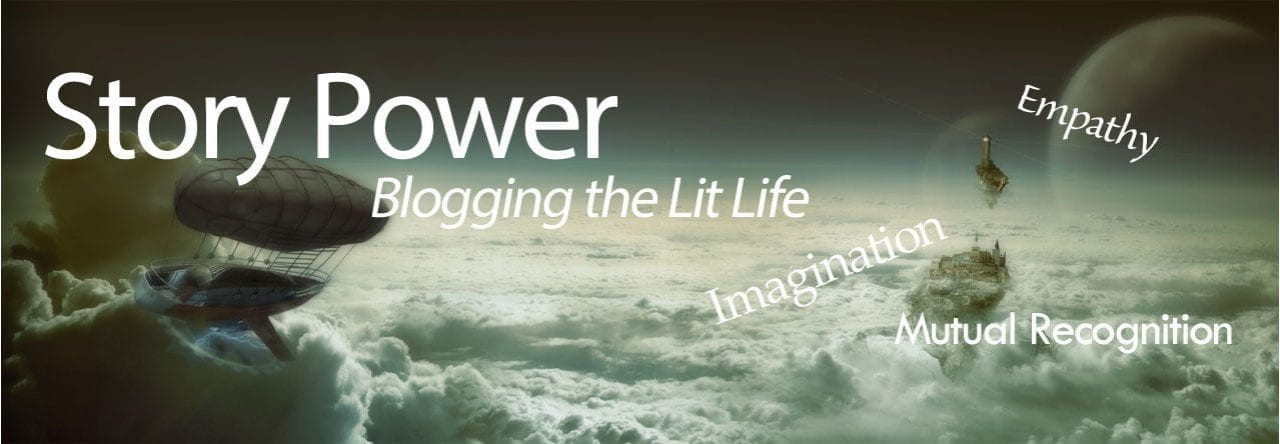Considered by fans as one of his most emotional songs on an album the artist labels his formerly intended “musical suicide note” (interview with Prelude Press, January 4, 2023), “Tomcat Disposables”, a reference to the brand of mouse trap by the same name, is the opening track to Will Woods In case I make it. As it was written at such a low point in his life, the album captures the feeling of the different ways life can painfully disintegrate around you, and how to move on.
Based on a true story of a mouse that lived in his home, who he poisoned due to fear of disease, the song follows the short life narrated by the mouse himself. Throughout the song, the rhetorical question,
Do I belong in right and wrong?
Nature, I guess
is posed to the audience, likely intended for just humanity in general, and shows the main theme, the question of who or what gets to determine the worth of a life, and more realistically, why do we as humans think that it’s us?
When talking about his future (which, while it is personification, mice do actually have foresight and can comprehend time the same way people do, and are capable of planning for the future and maintaining a schedule without help.) the mouse discusses dreams of things many humans aspire to do in their life, such as starting a family, and just general satisfaction, which is meant to deepen the idea that the mice and humans lives are worth the same. However one of the notable things the mouse dreams of is an abundance of food, especially cheese. This results in a ongoing metaphor over the course of the song, equating food to worth, as can be seen in how the mouse says,
And my mind’s not one bite smaller or lesser than yours
which continues the same idea, adding to it with the fact that if the mouse is able to conceptualize and form his own opinions on the topic, then it should be valued.
This idealization of cheese is continued in the mouse’s question of,
Is there cheese in the great beyond?
Rinds of parmesan
Wine to water, night from dawn
comparing the moon and cheese as an ideal afterlife to the idea of heaven in Christianity. In the song, and throughout the album ( as is most obvious in the song “Vampire reference in a minor key”, and the album cover being a moon made of cheese), the moon and darkness is used to represent safety, as the nocturnal mouse has free range of the house while the humans are asleep, as well as it being his time to dream. As the opposite, light and daytime is portrayed as dangerous. All this to say that the mouse’s belief that the moon, a sign of safety and an ideal afterlife, is made of cheese is not that different from a human’s belief in a man, who to some represents safety and is related to an ideal afterlife, that can change water to wine.
Finally, foreshadowing is used many times throughout the song. The first and biggest time being the 9th through 11th lines of the song which covers the ending.
Till then, I’ll dream of the day my odds and ends fit
I’ll wake up, there’ll be food on the stove
Forever and never want for more
While the mouse says he hopes his “odds and ends fit” as a way of expressing his hope for future satisfaction, there is also a double meaning of how the word “odds” can relate to probability and “ends” to death. The mouse is characterized mainly as hopeful, and more importantly for this, cautious. Always keeping his distance even if it means going without food or warmth. At the end of the song, He meets his literal end by poisoned food on the stove, after not weighing his odds, making it so his odds didn’t “fit” with his ends. Other examples of foreshadowing in the song commonly feature facts about mouse biology, such as
So I crawled out of the wall and squinting
Saw hope on the stovetop
Just like I’d always imagined it
where brightness that would cause a human to squint represents the danger of the food, but squinted eyes for a mouse is a behavior exhibited when stressed or in pain. This lets the audience know that the mouse’s death really is a consequence of him throwing away his caution as he was blinded by his excitement and hunger.
Especially when paired with songs like “Euthanasia” from the same album, “Tomcats Disposables” is a heart wrenching song that leaves its listeners with a saddening answer to its question, what determines the worth of a life? The answer according to the song just seems to be that they should all hold equal weight, and the main cause of that not being the case is the biased idea of nature we’ve created, heavily weighted in our favor.
